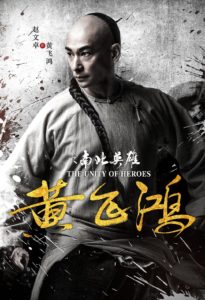
“Unity of Heroes” Teaser Poster
Director: Lin Zhenzhao
Cast: Vincent Chiu Man Chuk, Wei Ni, Michael Tong, Li Lubing, Li Yuan, Chen Chen, Xu Zhengguo, Wei Xiaohuan, Zhang Lei, Chen Chao, Zhou Jianhua
Running Time: 104 min.
By Paul Bramhall
I believe it was Morgan Freeman in The Shawshank Redemption that said “hope is a dangerous thing my friend”, but even knowing this, I couldn’t help but feel optimistic when news broke that Vincent Zhao would be reprising the iconic role of Wong Fei Hung. Not counting the TV series, the last time Zhao stepped into the shoes of the legendary folk hero was 24 years ago for Once Upon a Time in China V, and a lot has changed since then. Director Roy Chow attempted to revitalise the character with Eddie Peng’s grittier, more aggressive version in 2014’s Rise of the Legend, with insufferable results, and filmmakers have stayed away since. There seemed to be an unspoken rule that the folk hero for the post millennial era was Ip Man, and there wasn’t room for another.
Rules are meant to be broken though, and eschewing the revisionist style of Rise of the Legend, in 2018 Unity of Heroes arrives on our screens with its success firmly banking on the nostalgia of the 90’s Once Upon a Time in China series. In fact based on the opening scene alone, many could be mistaken for thinking they’re watching a movie made in the 90’s, as a bare chested Zhao jogs into frame not really looking a whole lot different than he did in 1994’s Once Upon a Time in China V. Newcomer director Lin Zhenzhao unabashedly put his cards on the table from the word go, recreating the opening scene of many a OUATIC flick, as Zhao trains a large group of followers in kung fu as the sun begins to set. If you’re wondering what that warm and fuzzy feeling is, it’s probably because you’re man-crushing.
However that warmth and fuzziness doesn’t last long, as it soon becomes clear the epic scope implied in the opening, is not something a DTV flick such as this could maintain for a whole duration. Indeed within the opening 15 minutes of Unity of Heroes, it feels increasingly closer to HBO’s recent 2-movie foray into the kung fu genre (check out our feature here), than any of the fondly remembered 90’s outings. While both of Zhao’s Once Upon a Time in China instalments were made on a lower budget than Jet Li’s highly regarded trilogy, once Tsui Hark got back into the director’s chair for the fifth outing, it became clear that he was a director capable of making cinematic images regardless of budget. In Unity of Heroes budget is clearly dictating the final product, and sometimes it shows.
The plot is perhaps the pulpiest Wong Fei Hung tale yet (and remember this is a guy that fought kung fu cowboys in America’s Wild West). An evil gweilo (naturally) has concocted a powerful serum with the aim to “completely change the physique of all Chinese people.” Said change involves them transforming into monosyllabic zombies, full of rage and a tenacity for violence (and a heap of black CGI veins that trace up and down their body). When Fei Hung and his cohorts (including Clubfoot, played by a talented Mainland actor doing his best Xiong Xin-Xin impression) get wind of the dastardly deeds afoot, they set out to show the “foreign pigs” who’s boss, and declare that “foreign drugs must be eliminated.”
As you’ve probably guessed, any 2018 iteration of the patriotic icon is now more patriotic than ever, thanks to today’s Mainland friendly environment. Fei Hung has no time for anything foreign, extolling the virtues of Chinese medicine over Western, getting irritable when asked to deliver a western style cake for 13th Aunt’s birthday, and generally looking at any foreigner like they’re up to something (although in fairness, the script dictates that they are). Thankfully there are enough kung-fu movie tropes on display that it never becomes overbearing, with a rival school (headed by Zhao’s God of War co-star, Michael Tong) to contend with, lion dancing, and of course, the arrival of the highly westernised 13th Aunt, now played by relative unknown Wei Ni.
If there’s one unexpected benefit of Unity of Heroes, it’s that the lack of charismatic Mainland stars really helps Zhao to standout. In his early outings as Fei Hung, acting alongside the likes of Kent Cheng, Rosamund Kwan, and Xiong Xin-Xin, sometimes resulted in a feeling of Zhao’s limited screen presence getting lost in the mix. Unity of Heroes has a passable cast, but no one really stands out amongst the residents of Po Chi Lam, and combined with a certain authoritative edge that Zhao has developed with age, he owns the role here arguably better than he ever has before.
The other standout from the cast is Wei Xiaohuan as the conflicted right hand woman of the evil gweilo. She sells her performance well, and also appears to have the moves, although the opportunities to show them off are limited. Of course any movie featuring Wong Fei Hung should involve busting out some moves from all involved, and Unity of Heroes strives to deliver, although how successful it is in doing so depends on how easy you are to please. With newcomer Sun Jianshe on fight choreography duties, the initial scuffles that populate the first hour (which include a lion dance face-off, how long has it been since we saw one of those?) are slight, but show signs of promise that one hopes will be capitalised on later.
To a large degree, they are. The difference between new-school Mainland choreographers and the old-guard of Hong Kong has become increasingly more evident of late, with another example being Lin Feng replacing Yuen Bun in Detective Dee: The Four Heavenly Kings. Gone are any sign of extended exchanges, and in their place are shorter, less intricate hand and leg work, mostly reliant on extravagant power moves than logical application. The finale of Unity of Heroes is a good example of this, however still succeeds at being fun to watch, as Jianshe throws in everything ranging from Matrix style bullet-time, to Romeo Must Die inspired gravity defying 360 kicks, and x-ray vision internal organ impacts. Honestly, I think Zhenzhao should have just given Joel Silver a call before filming, as he probably would have been given a much bigger budget to work with.
Fun as it may be, it can’t be denied that elements of unintentional hilarity also creep in. Watching Zhao unleash his no-shadow kick, which sees him launch into a flying kick that goes on for the length of a football pitch may have been cool in 1992, but these days it seems like a move out of time. Kind of like if Jackie Chan released a new movie were he hits an object too hard, then shakes his hands in pain. Wait a minute, he still does that. But anyway, hopefully you get the point. Some moves belong to the era they were born from, and a lot of the stuff on display in Unity of Heroes comes straight out of the early 90’s HK new-wave boom, for better or worse. Needless to say, if you’re not a fan of wire-work, then this isn’t the movie for Wong Fei Hung movie for you.
While there’s no denying the sense of nostalgia certain parts of Zhao’s latest will bring for audiences of a certain disposition, there are other parts that drag down the pacing, and more than once collude to make the experience of watching Unity of Heroes a plodding one. Nobody is expecting Shakespeare from a DTV kung fu flick, but there’s also a fair share of head scratching moments. When Fei Hung finally cures one of the raging zombies that tried to attack them, the group note that a side effect of dispelling the poison is that it makes the victim an idiot. Give the scene more than a second of thought though, and you realise no one actually knows if he wasn’t an idiot (the subtitles description by the way, not mine!) already. But then it’s perfectly possible that in this world, all Chinese are upstanding and without impairment.
Zhao will return to the role of Wong Fei Hung just a few months later in Jeff Lau’s comedic Kung Fu League, which will no doubt highlight his less stoic side, so for those longing for a throwback to the 90’s Fei Hung flicks of old, Unity of Heroes may be as good as you’re going to get. It may not be Once Upon a Time in China VII, but it’s also not another Rise of the Legend, and for that, it should be applauded.
Paul Bramhall’s Rating: 5/10
https://www.youtube.com/watch?v=jfcLyI3Eui4&feature=emb_title

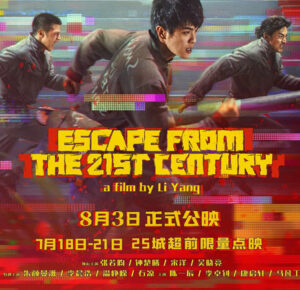

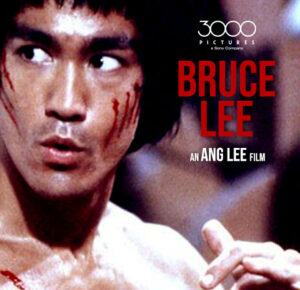

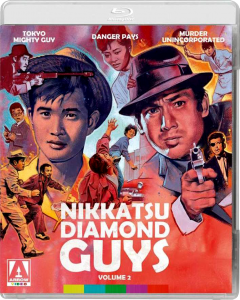



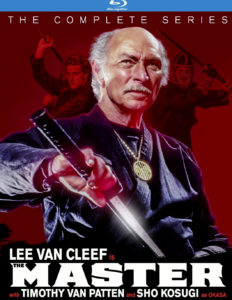
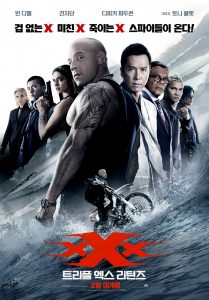



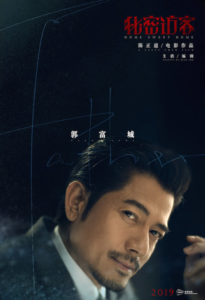
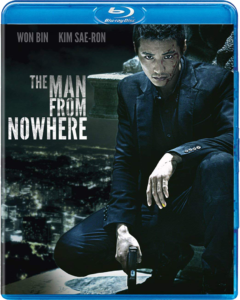

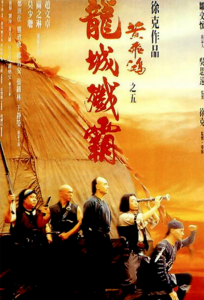
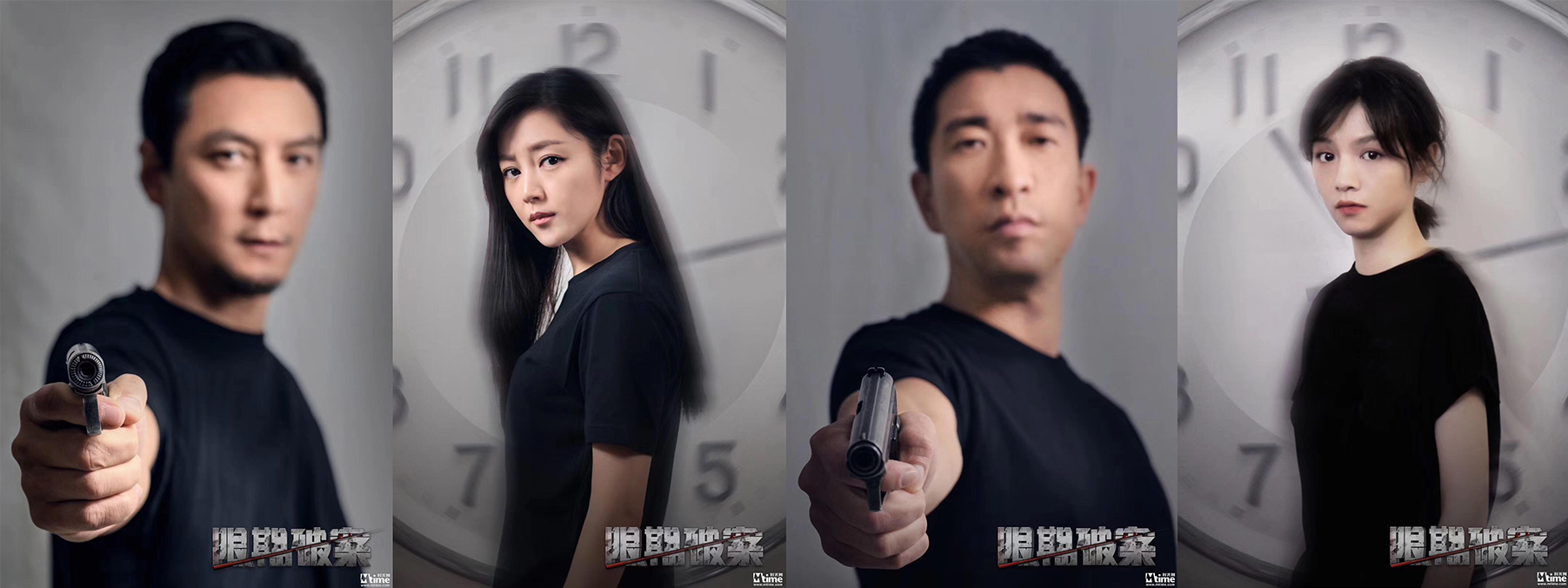

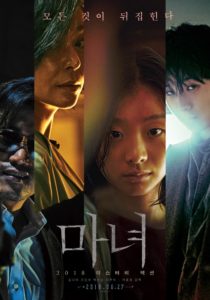


Be the 1st to Comment